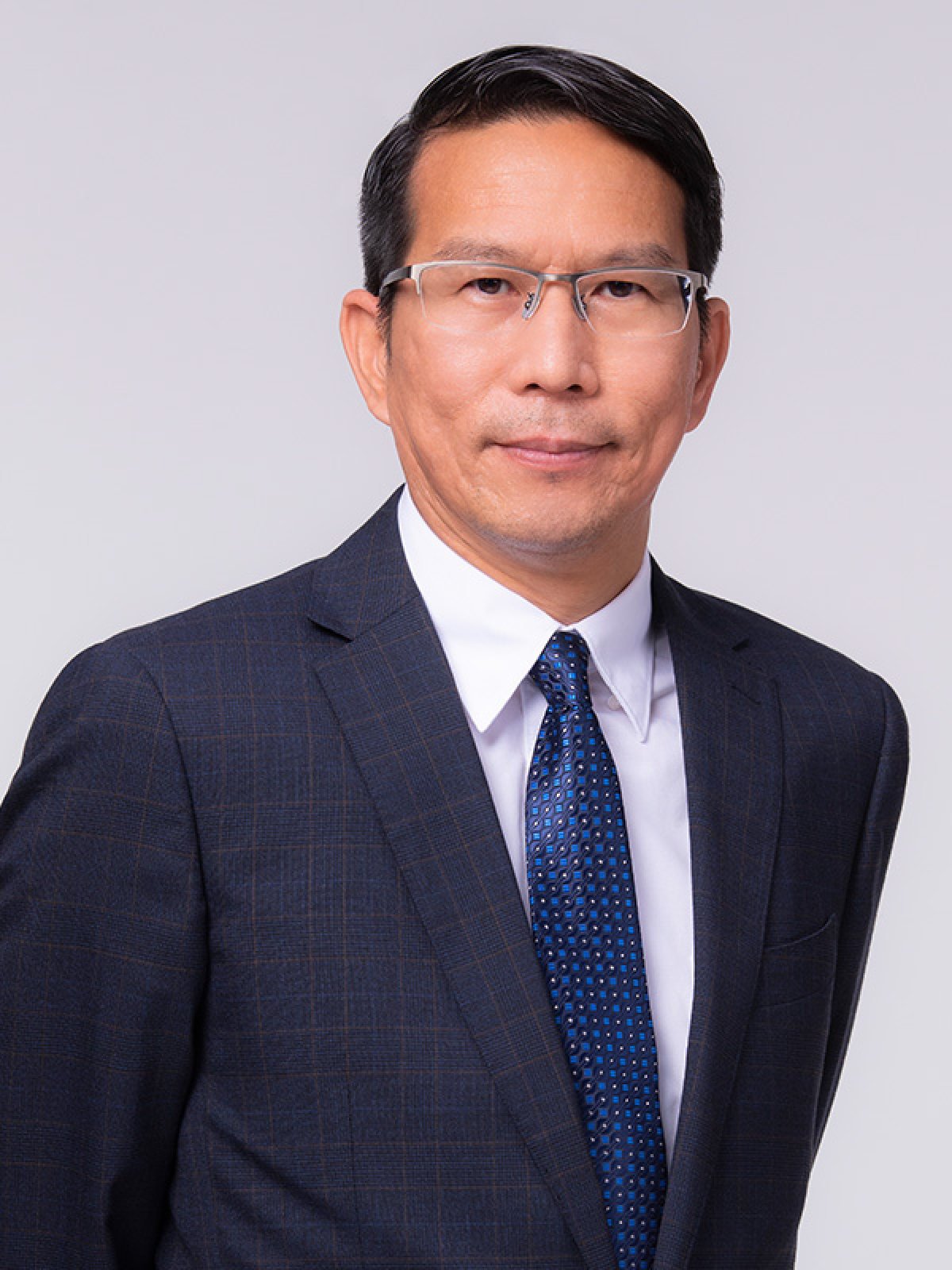
Hong Kong urged to review, ease student loan debt after 5.5% annual university fee rise
- Education lawmaker Chu Kwok-keung suggests government extend loan repayment period to 20 years and reduce interest rate to less than 1 per cent
Education lawmaker Chu Kwok-keung and Ng Po-shing, from the student guidance centre Hok Yau Club, said on Friday the fee hike, set between 5.43 and 5.70 per cent each year, was reasonable and necessary after a nearly three-decade freeze.
“Of course there will be help for those who are underprivileged,” Chu told a radio programme. “I’m most concerned about those who have just missed the threshold for the underprivileged assistance and will have to rely on themselves. They will probably require help the most.”
He added that while undergraduates could apply for non-means-tested loans for full-time tertiary students, they would have to take larger sums of money and subsequently pay more interest.
“The government can extend the repayment period to 20 years and reduce the interest rate to less than 1 per cent,” Chu suggested, adding that it might be better for students if the annual tuition increase, at 5.5 per cent on average, stood at 4 per cent over more years.
Students studying the government-subsidised full-day programmes at public universities are eligible to apply for the means-tested scheme – “the Tertiary Student Finance Scheme” – or the “Non-means-tested Loan Scheme for Full-time Tertiary Students” to obtain grants and loans.
The number of student loan default cases in both schemes has decreased in the recent three school years, according to official figures. It dropped from 612 in 2021-22 to 508 in 2023-24 in the means-tested scheme and slid from 460 to 379 during the same period in the non-means-tested one.
Currently, the annual interest rate is 1 per cent for means-tested loans and 2.42 per cent for non-means-tested. The standard repayment period is 15 years, subject to a maximum extension of two years.
Education consultant Ng said students applying for non-means-tested loans were under pressure as the interest rates were higher than means-tested assistance and that the rates could increase due to external factors.
“For many students, interest rates were low when they took the loan out. They will have to repay more because they did not expect them to be high now. Coupled with the rising cost of living, it’s difficult,” Ng said.

He suggested a more stable interest rate to enable students to budget in the long term, but argued against implementing a lengthier repayment period, even though it would be ideal theoretically.
“I feel the 15-year period for the non-means-tested loans is already very long. It may not be very appropriate if it’s too long,” he said.
“It probably has more to do with the wider economic situation or their willingness to repay if they cannot pay back the loan 15 years after graduation.”
The Education Bureau said the tuition fee grants and loans would both increase under both the means-tested and non-means-tested finance schemes, as a result of the hike.
Students’ monthly instalments would only rise by about HK$100 (US$12.8) to HK$1,200 after the fee increase if granted full loans.
Additional reporting by William Yiu

